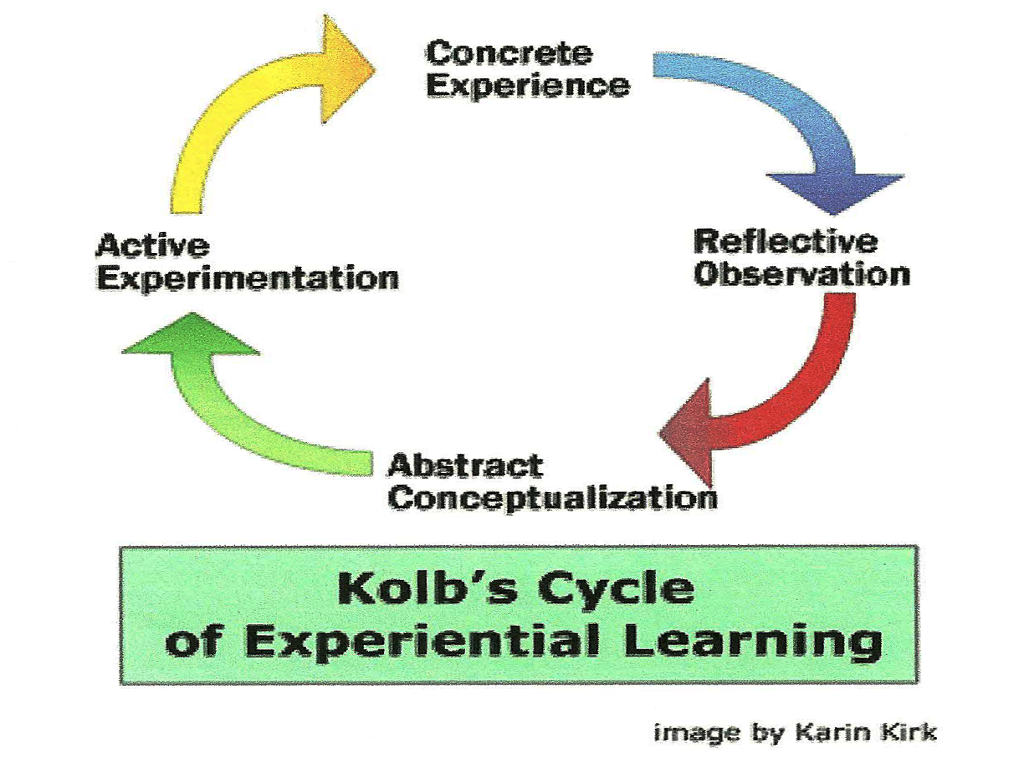·
In my daily practice, the thing that gets me enthusiastic for the day is my morning
run. It gives me time to think about the day ahead of me and to focus. It was
my manager who encouraged me to start this around a year ago and I have been
going at least 4 mornings a week ever since. Of course we all have inspirations
famous ballerinas, choreographers etc. , but for me it is my manager who I
admire in many ways with her wise words and positivity that has made me want to
become the best teacher I can. This is the business Natascia Mazzucato started
only three years ago and I am proud to be a part of. Check out the website below.
·
Negativity
in and out of the workplace is something I really do not appreciate.
Especially if it is toward me or about a piece of work I have created in my professional
practice .I have unfortunately experienced this at work and it can be hurtful and give
you a real knock back which can damage your work. I will share on here a part
of my journal which describes and reflects on this experience.
I
feel however bad your day is going you should never let it affect a mood or
atmosphere around
you or let it ruin a positive energy.
This really upsets me when people think it is ok to do this. It is
disrespectful, unprofessional and unethical behaviour.
We come across these behaviours not only in
the dance world but in all industries and I believe everyone should have their
way of overcoming it and not being dragged into the negative conversation or
state of mind. When you watch the news
it really puts life into prospective and should make you feel blessed for what
you have not what you don’t have. This is how I remain positive about myself
and my career.
·
What I
love the most about what I do is watching a child progress and improve in
their technique and dancing as they get older. It is rewarding to know it is me
who has got that child to that level and all my hard work has paid off. I love
creating numbers for our Christmas and summer shows and putting them on the
stage for an audience to enjoy. Again, it is rewarding to watch the students
putting all their hard work and technique from class onto the stage and
experiencing make-up, costumes, lights and props some for the first time. I was
inspired my all of my dance teachers when growing up and is lovely to know I am
now inspiring students of all backgrounds. I admire anyone who has gone on to
dance and perform professionally as a career. It is a tough industry and
difficult not to give up when being rejected time after time.
·
I do not
understand as a dance teacher why the older students 11 -16 do not take
well to constructive criticism. They seem to think the teacher is being
horrible or nasty toward them instead of understanding it is to help and better
their skills as a dancer. Of course it
is important to approach the student and be careful how the criticism is said
as us teachers abide by a code of professional practice, but however hard you
try to explain a constructive criticism to this age group they do not seem to
take it very well. It makes me feel sad and sometimes like I have failed as a
dance teacher. When I grew up as a student I never remember being allowed to
show this attitude or come across as negative in a dance class. Is it today’s
society and generation? Therefore I admire anyone who works closely with this
age group not just in dance but in education also. Of course it is not everyone
of this age group.
·
Being a dance teacher is very much different to
an academic teacher from a child’s point of view This maybe because it is an
extra curriculum activity children often think you are more approachable. I
always make sure I abide by my studios code of professional conduct and also by
the board I teach for code of professional practice. Whilst the students are
under my supervision I must make sure I am protecting them but also protecting
myself as a teacher by following the rules of my school and the eight
principles of the Data Protection Act 1998



